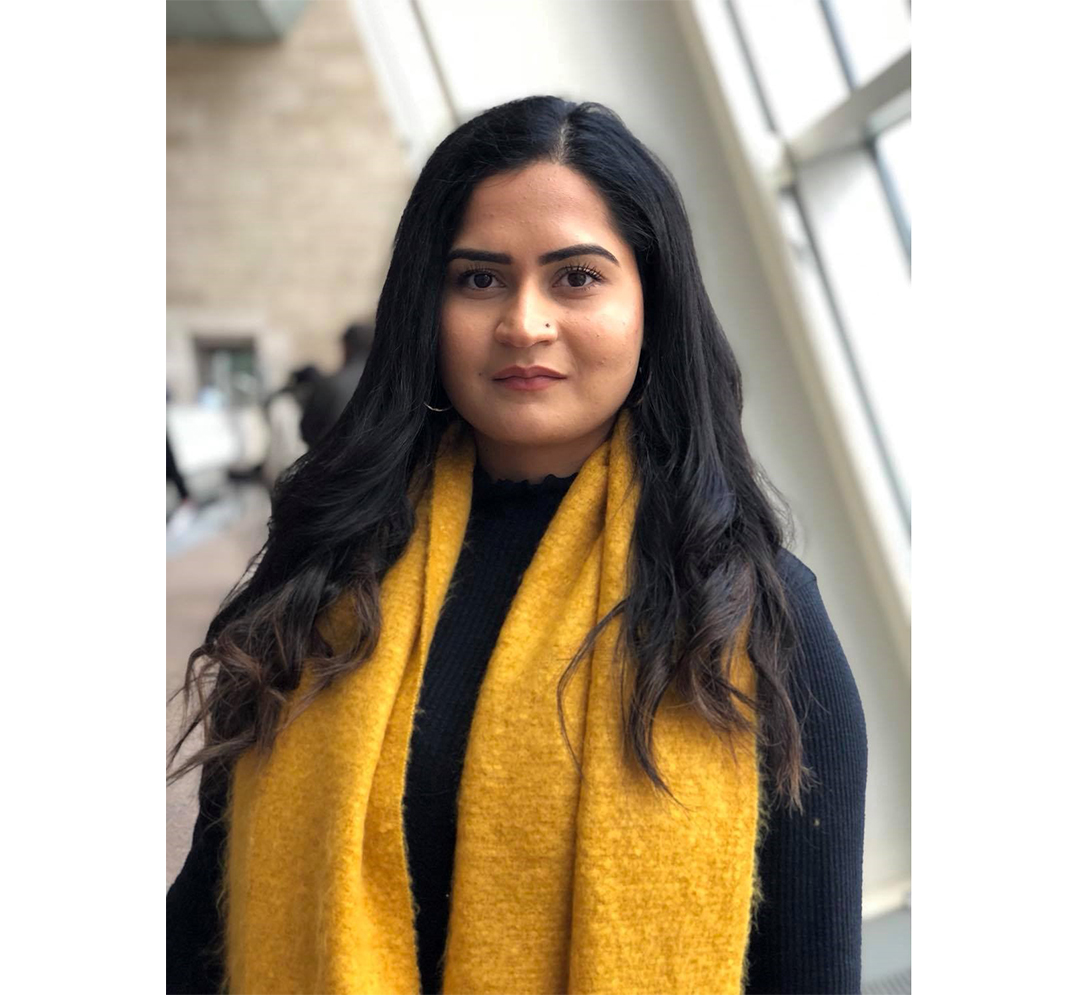
Connecting Generations in a Time of Disconnect
Social distancing measures and visiting restrictions at long-term care homes have helped curb the spread of the novel coronavirus, but they also mean isolation and loneliness for some.
By Masooma BhattiThis pandemic has disproportionately affected the marginalized members of our communities, such as older adults. I first realized this when I was volunteering with Public Health and making phone calls to patients. Although these phone calls had a specific purpose (i.e. communicate negative results, create symptoms logs and contact tracing), I found it difficult to end the phone calls right after conveying the main message. I remember speaking to this one senior patient and it was heartbreaking to hear how she could no longer visit her grandkids.
The very same day, I came across a Toronto-based initiative called Student Senior Isolation Prevention Partnership (SSIPP) that was hoping to scale up nationally. This initiative pairs health professional students with socially isolated seniors in the community to check-in via weekly phone calls. Along with providing a social connection and comfort, SSIPP also addresses the need for distributing credible information regarding Covid-19. So I immediately emailed the founders to get this program set up here in SK and recruited help from a few other medical students and physicians, including Dr. Meredith McKague who has served as a “physician champion” for our group.
Within the span of a few days, we had more than 50 medical students signed up to volunteer with SSIPP. As these volunteers make phone calls to older adults, we are continuously evolving to respond to the seniors’ needs. In addition to being a friendly voice and a listening ear to the senior’s concerns, our volunteers are also teaching seniors how to use technology. We have a FAQ document developed for seniors regarding relevant community resources that is updated frequently.
As future healthcare providers, we are gaining invaluable experience and insight into senior healthcare and how to better advocate for them. There have been instances where volunteers feel helpless in ways they can support the older adults with their concerns (e.g. finances, shopping, visiting friends/families). In those moments, we remind our volunteers that their role in calling their matched senior is serving a therapeutic role already. So SSIPP is helping students understand and connect with a key demographic of our population and will hopefully enhance the quality of care amongst future clinicians.
Social isolation is a major issue faced by seniors in our community, which negatively affects their mental health, quality of life and experience within the healthcare system. Our main goal for starting this initiative was to mitigate these impacts and make our communities more socially accessible to older individuals. We are all so thankful that we have the time, resources, and training to help the frontline healthcare professionals and our Saskatchewan communities. I know there are many older adults in SK who may be feeling alone or isolated in these times, so I request all physicians throughout the province to reach out to SSIPP for more information on how they can refer their patients to our program.
Student-Senior Isolation Prevention Partnership is an initiative that connects students with older adults in the community in an effort to provide social connection and personal empowerment, as well as to promote health literacy around COVID-19. For more information, please contact ssipp.usask@gmail.com.
